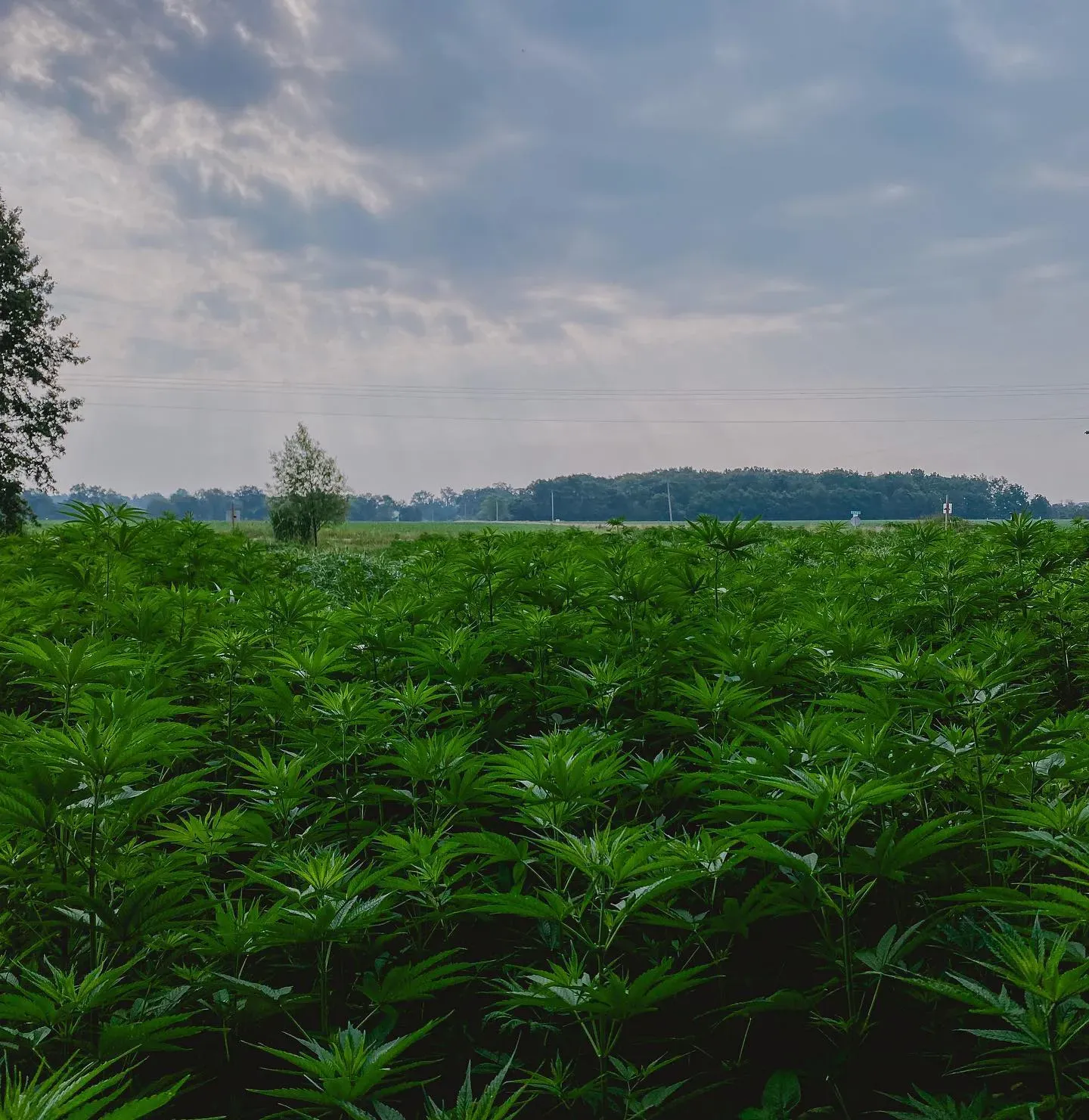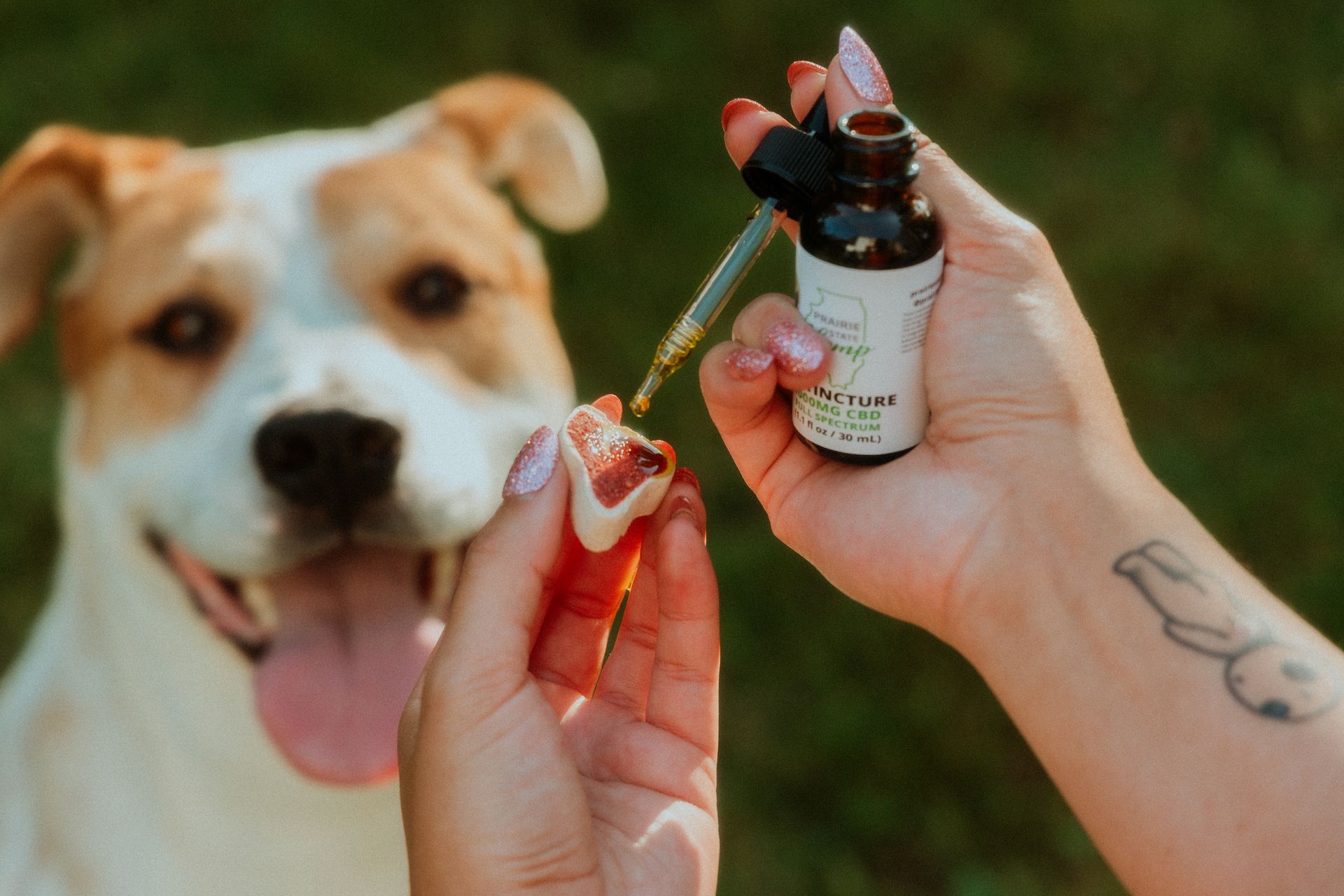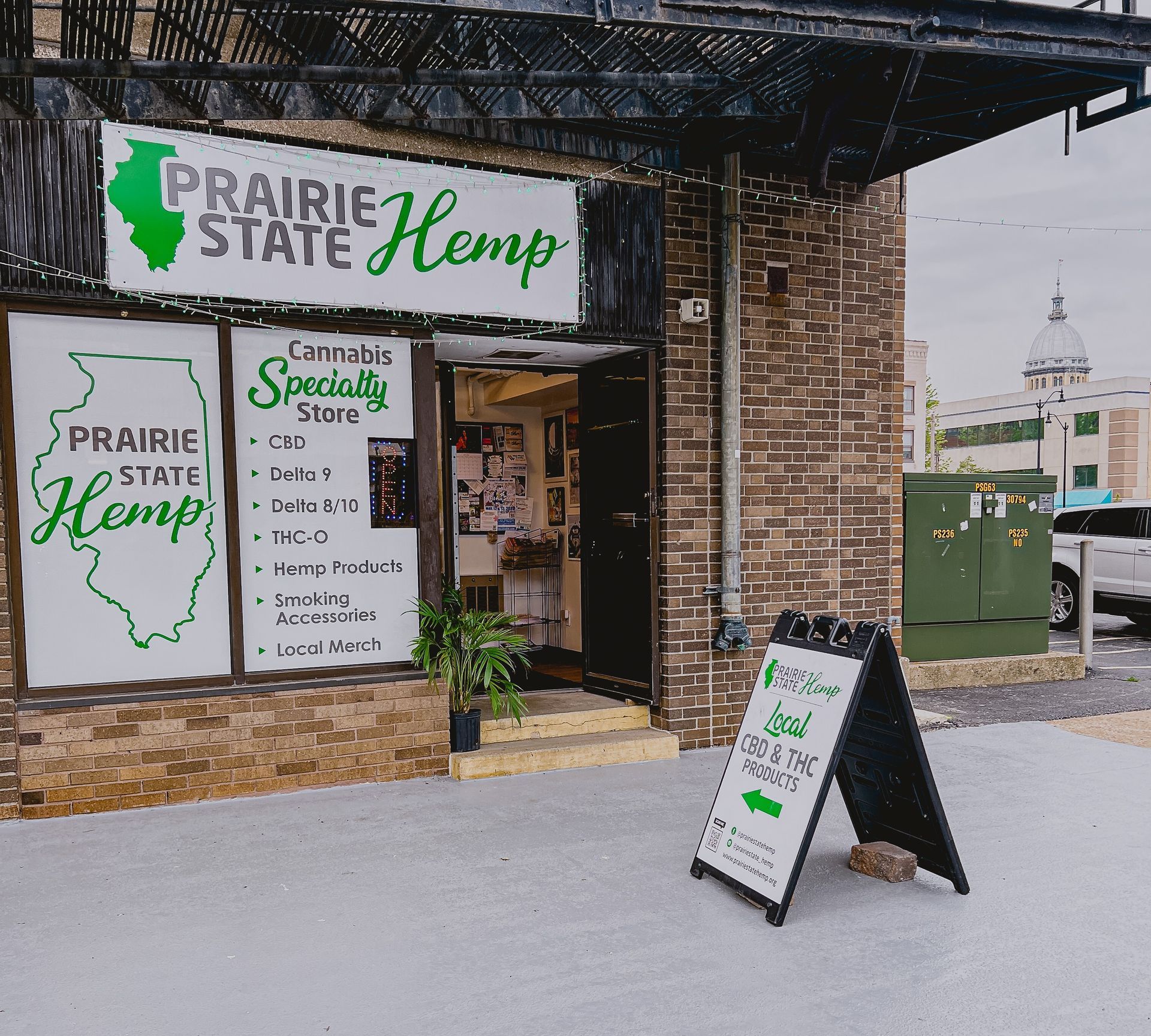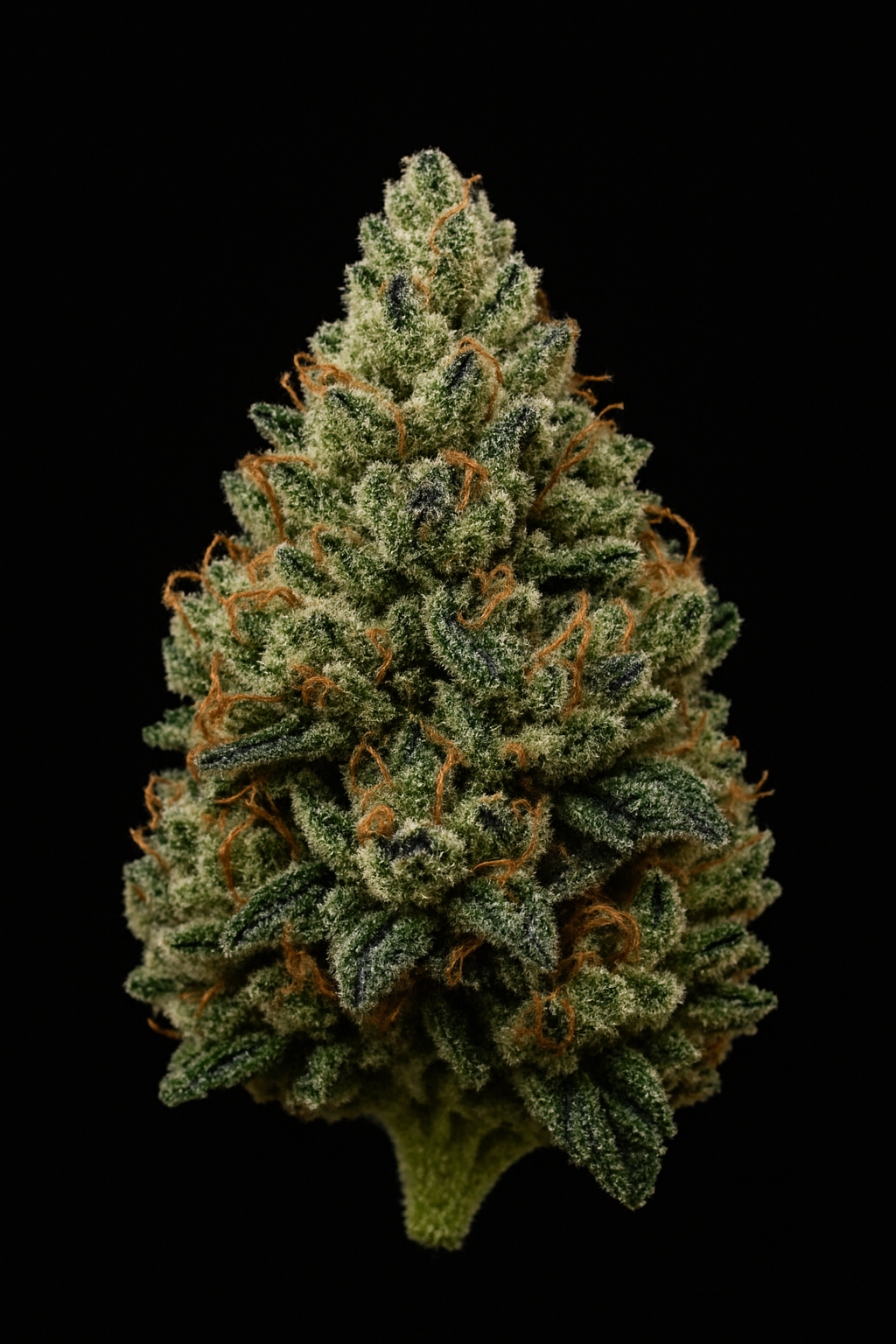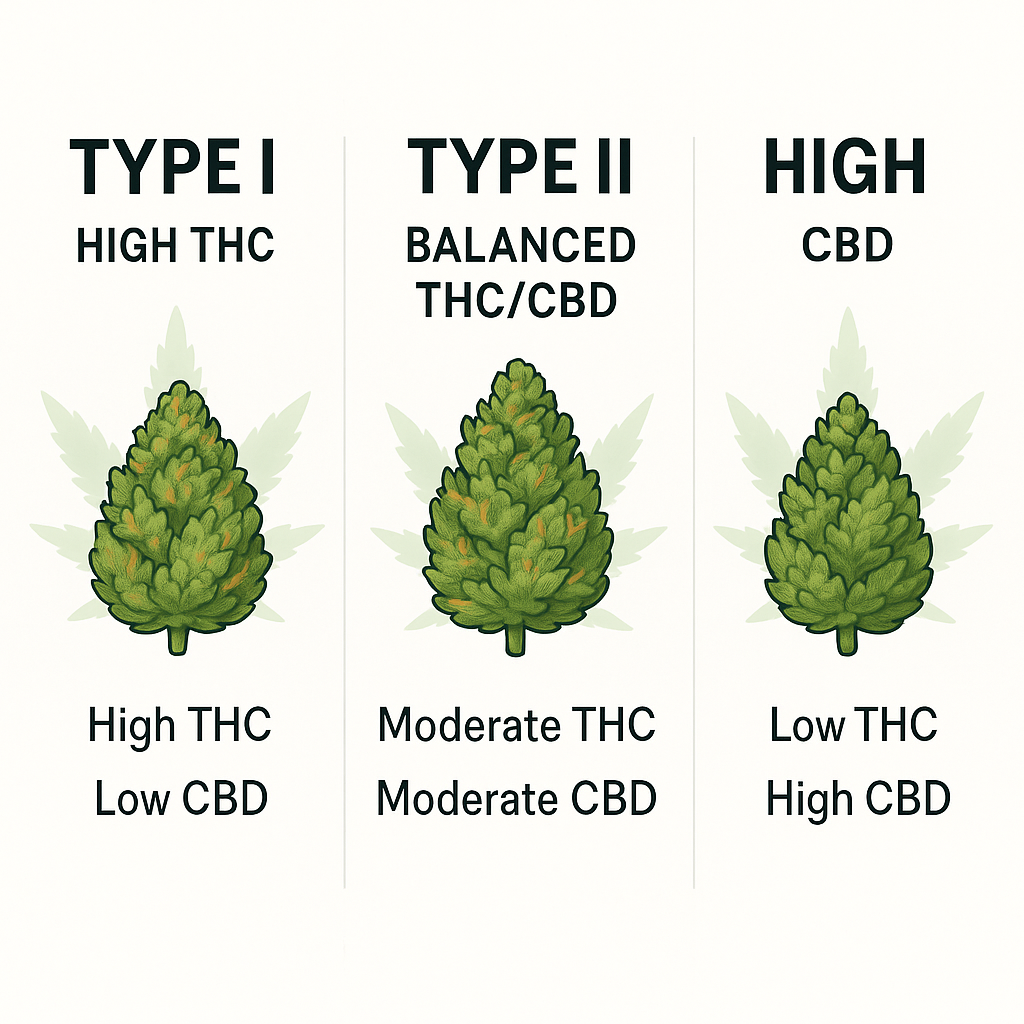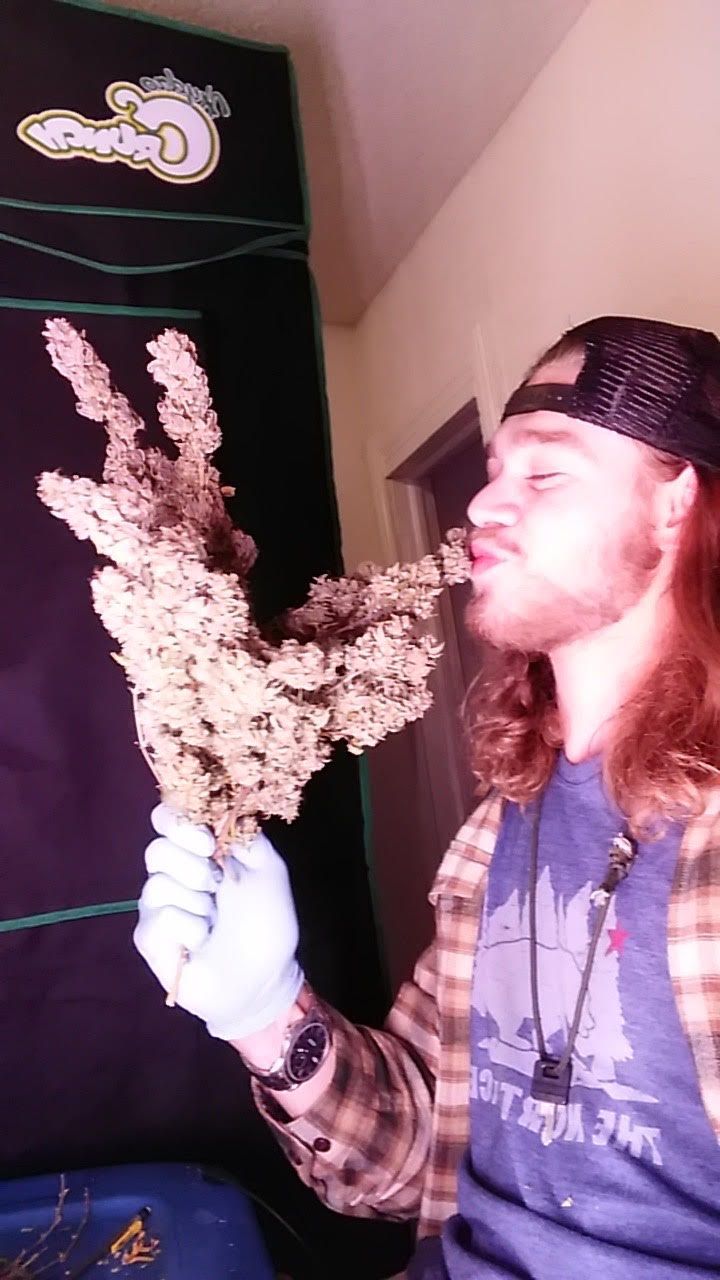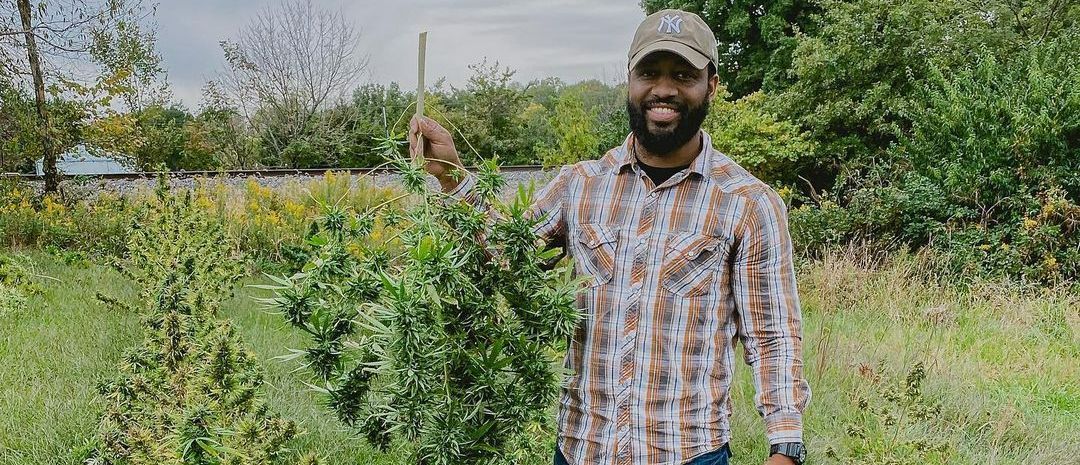A Comprehensive Guide to Understanding How Heat Transforms THCA into Delta-9 THC
A Comprehensive Guide to Understanding How Heat Transforms THCA into Delta-9 THC | Prairie State Hemp
Many cannabis enthusiasts are familiar with the concept of THC, the main psychoactive compound in the plant. However, few know about its precursor, THCA. In this post, we'll take a comprehensive look at how heat transforms THCA into delta-9 THC, the form of THC that gets you high. Along the way, we'll dispel some common myths and provide some useful tips for getting the most out of your cannabis experience. So let's get started!
Cannabinoids are compounds found in the cannabis plant that interact with our body's endocannabinoid system
Understanding how cannabis interacts with our bodies is an exciting and ever-evolving process. The cannabis plant contains cannabinoids, compounds that interact with our body's endocannabinoid system. THCA and Delta-9 THC are among the many cannabinoids found in cannabis plants, and THCA is transformed into Delta-9 THC through a process of heat transformation known as decarboxylation. It is important to understand this conversion process when consuming marijuana because THCA does not have any psychoactive effects while Delta 9 THC does; this comprehensive guide should be used to help you better understand the mechanism behind THCA’s transformation making it easier to tap into its therapeutic potential!
THC is the main psychoactive compound in cannabis, and it is responsible for the plant's intoxicating effects
Have you ever wondered how THCA, the non-psychoactive compound found in cannabis, is transformed into Delta 9 THC – the main psychotropic and intoxicating chemical found in the plant? Well, it's all about heat! A comprehensive guide to understanding how THCA is changed into Delta-9 THC reveals that when THCA is exposed to a qualified heat source it breaks down and rearranges its atomic structure. This process of breaking down THCA molecules to release their single atoms and generating new ones - whereby THCA becomes Delta-9 THC - is what effects cannabis’ intoxicating properties. Through this understanding of THCA we can explore how technological advancement in temperature-controlled vaporizers and other innovative tools can be used to regulate cannabinoid levels for medicinal use or even recreational enjoyment for a more customized experience.
THCA is a non-psychoactive cannabinoid that converts to THC when exposed to heat or light
THCA is a complex and interesting cannabinoid, specially unique because it doesn't get you high! THCA has the potential to convert to Delta 9 THC when exposed to certain environmental factors such as light or heat. Learning about THCA’s transforming process and how different concentrations of THCA respond to rising temperatures can lead to a greater understanding of cannabinoids and their effects. Heat transformation through THCA is an intriguing curiosity in the cannabis community, encouraging research and exploration of the wonders of this medicinally powerful plant.
The process of decarboxylation is what transforms THCA into THC
Decarboxylation, a fascinating process of taking THCA and transforming it into the better-known Delta 9 THC, is responsible for the potency of marijuana. THCA stands for tetrahydrocannabinolic acid which is the ‘inactive’ version of THC. Delta 9 THC, on the other hand, is what provides users with psychoactive effects. It all begins when THCA is converted to THCA-A through gentle heat, after which THCa-A decarboxylates under high heat, ultimately resulting in the mind altering compound Delta 9 THC. By examining such transformation processes from THCA to D9 THC, those curious about cannabis can have an increased understanding of its properties and effects.
Decarbing can be done by smoking, vaporizing, or baking cannabis at high temperatures
THCA is a chemical compound found in cannabis that, when exposed to certain temperatures, transforms into Delta-9 THC, the popular compound responsible for many of marijuana's effects. This process of THCA transformation is known as decarbing and can be accomplished in a variety of ways. You can decarb cannabis by smoking, vaporizing, or baking it at high temperatures and create concentrated THCA-Delta 9 THC compounds that provide powerful and prolonged relief. So get ready to go on an adventure of discovering what works best for you - no matter which method you choose!
Understanding decarboxylation is important for those who want to consume cannabis for its medicinal properties
Decarboxylation is an incredibly important concept for those looking to medicate with cannabis - THCA, the raw cannabis compound, needs to be transformed into the active form, Delta-9 THC, to achieve the desired effects. THCA is not intoxicating or psychoactive in its raw form, so undergoing this process of decarboxylation is key for anyone wanting to experience the full medicinal potential of cannabis. Learning about how heat transforms THCA into Delta-9 THC can help us unlock the full benefits of cannabis and make sure we're getting the most out of our medication!
Through this comprehensive guide to understanding heat transformations, we have seen that cannabinoids like THCA play a vital role in producing the psychoactive effects associated with cannabis. We now know that the process of decarboxylation is essential for releasing the THC’s medicinal properties and creating the intoxicating effects people enjoy when they consume it. It's important to remember to always decarb your cannabis before smoking a joint, vaporizing it, or baking with it at higher temperatures. Learning about THCA and its transformation into Delta-9 THC can prove invaluable knowledge when using cannabis for recreational or medical applications -- whether you're a novice looking to understand how it works or an expert looking to further refine their technique.
